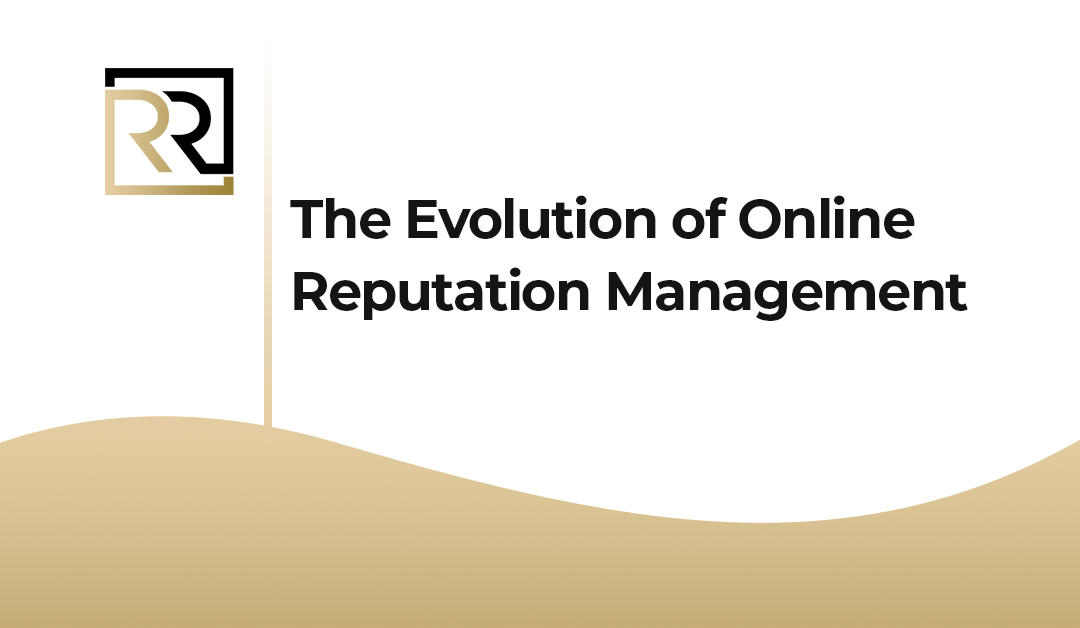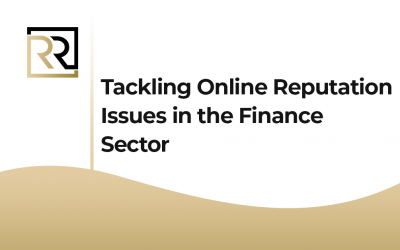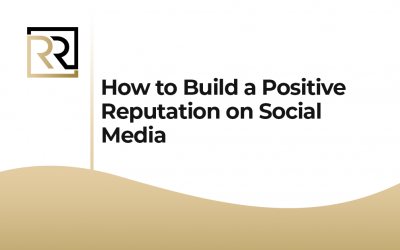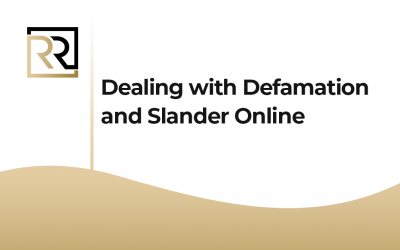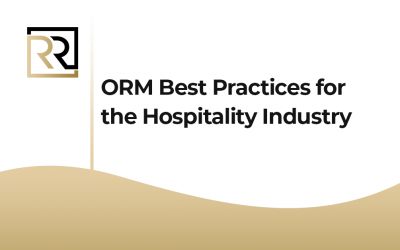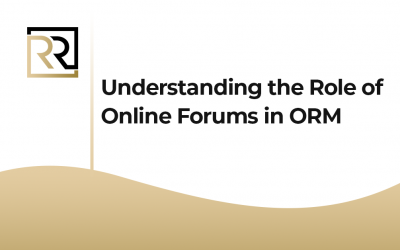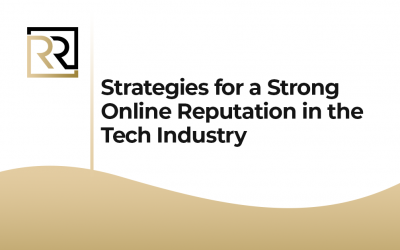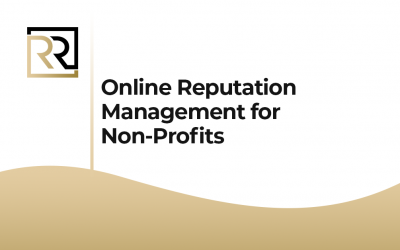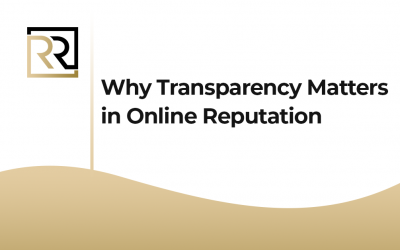The Evolution of Online Reputation Management
In the dynamic landscape of the internet, where information travels at lightning speed and perceptions can change in an instant, the evolution of online reputation management (ORM) has become a crucial aspect of personal and professional branding. Thus, over the years, ORM has evolved significantly, adapting to the shifting digital landscape and incorporating new strategies and technologies to manage and enhance online reputations effectively. Therefore, in this article, we’ll explore the evolution of ORM and the strategies that individuals and businesses can employ to navigate the complexities of the digital age.
The Evolution of Online Reputation Management
1. The Early Days: Managing Online Presence
Firstly, in the early days of the internet, online reputation management primarily involved managing one’s online presence. Thus, individuals and businesses focused on creating websites, optimizing content for search engines, and maintaining a positive online image. Ultimately, the goal was to ensure that when people searched for their name or brand online, they found accurate and favorable information.
2. Rise of Social Media: Engaging with Audiences
Secondly, the rise of social media platforms such as Facebook, Twitter, and LinkedIn transformed the landscape of online reputation management. Thus, suddenly, individuals and businesses had to contend with the power of social media to amplify both positive and negative perceptions. Furthermore, ORM strategies shifted to include active engagement with audiences on social media, responding to comments and messages, and fostering meaningful relationships with followers.
3. Importance of Online Reviews: Managing Reputation on Review Sites
Moreover, the proliferation of online review sites such as Yelp, TripAdvisor, and Google Reviews gave consumers unprecedented power to influence the reputations of businesses. Thus, positive reviews could attract new customers, while negative reviews could deter them. Further, ORM strategies evolved to include monitoring and managing online reviews, encouraging satisfied customers to leave positive reviews, and addressing negative feedback promptly and professionally.
4. Reputation Monitoring Tools: Harnessing the Power of Data
Generally, as the volume of online content grew exponentially, keeping track of one’s online reputation became increasingly challenging. Therefore, in response, a new generation of reputation monitoring tools emerged, offering individuals and businesses the ability to track mentions of their name or brand across the internet. Indeed, these tools provided valuable insights into sentiment trends, allowing users to identify reputation risks and opportunities proactively.
5. Rise of Influencer Marketing: Leveraging Social Influence
Further, in recent years, influencer marketing has emerged as a powerful tool for shaping perceptions and influencing purchasing decisions. Thus, individuals with large followings on social media platforms can have a significant impact on brand reputation. What’s more, ORM strategies now include identifying and partnering with influencers whose values align with those of the brand, leveraging their social influence to enhance reputation and reach new audiences.
6. Reputation Repair Services: Addressing Reputation Challenges
Overall, despite best efforts, individuals and businesses may still encounter reputation challenges online, such as negative press coverage, defamatory content, or social media crises. Ultimately, in response, reputation repair services have emerged, offering assistance with removing harmful content, mitigating reputational damage, and rebuilding trust with audiences. Chiefly, these services employ a variety of tactics, including search engine optimization (SEO), content creation, and legal strategies, to address reputation challenges effectively.
7. The Future of ORM: Embracing Innovation and Adaptation
What’s more, as technology continues to evolve, the future of online reputation management will undoubtedly bring new challenges and opportunities. Additionally, artificial intelligence (AI), machine learning, and big data analytics will play an increasingly prominent role in ORM, offering more advanced insights and predictive capabilities. Over and above, the growing importance of privacy and data protection regulations will shape how individuals and businesses manage their online reputations responsibly.
Conclusion: The Evolution of Online Reputation Management
Beside, the evolution of online reputation management reflects the ever-changing nature of the digital landscape. Thus, from managing online presence and engaging with audiences on social media to monitoring online reviews and leveraging influencer marketing, ORM strategies have adapted to meet the challenges of the digital age. Further, as technology continues to advance, individuals and businesses must embrace innovation and adaptation to navigate the complexities of online reputation management effectively. So, by staying proactive, leveraging the latest tools and technologies, and prioritizing transparency and authenticity, individuals and businesses can build and maintain positive online reputations in an increasingly digital world.


